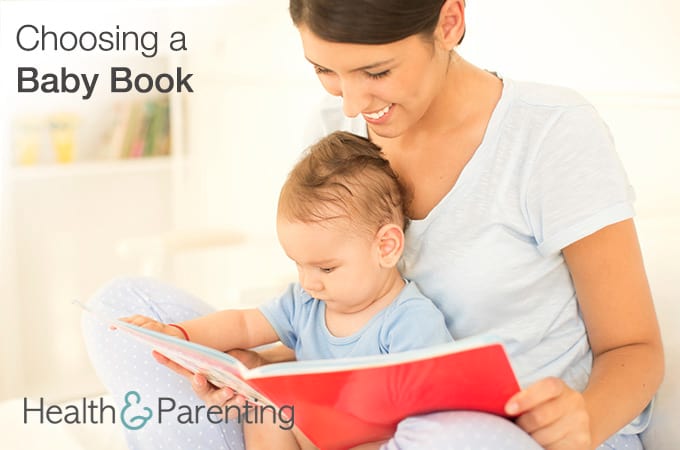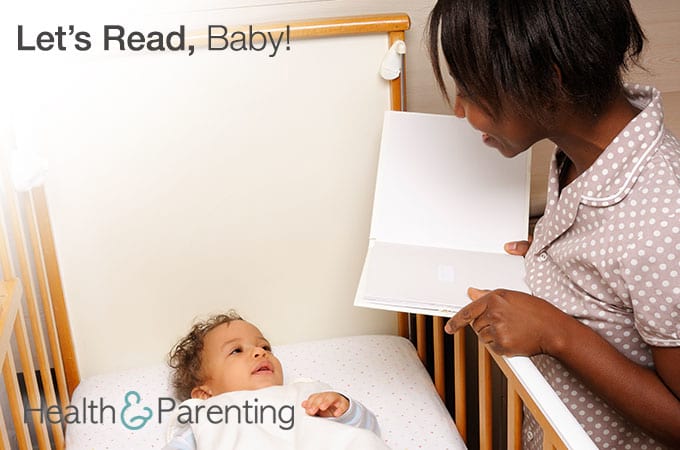Don’t worry, you’re not the first mom to run out of things to say to your baby and you certainly won’t be the last. There are, after all, only so many times you can point out cows, explain the colors in the laundry basket and go through the parts of your baby. The more words babies are exposed to throughout the day, the more opportunity they have to develop their language skills. Investing in some decent baby books can help you keep talking without boring yourself. Here are some top tips for choosing a baby book:
- Babies love pictures
I know, you’re totally ready to get your childhood copy of Alice’s Adventures in Wonderland down from the loft and start reading, but you might be better letting it gather dust for a few more years. Your baby is likely to be fascinated by bright colors and decorative illustrations. He loves listening to the sound of your voice and seeing the pictures on each page, but he’s probably not ready to follow the complex and mind-boggling adventures of young Alice just yet.
- Put yourself first
It’s a book for your baby, but your baby isn’t going to be the one forced to read it three times a day for the next two years. Nope, that’ll be you, so make sure you pick a book you love. Make sure you read before buying to make sure it’s a book you can read over and over again. Don’t worry, at some point it’s bound to get ‘lost’, all favorite books do.
- Get recommendations
Don’t judge a book by the cover and don’t base your purchasing decisions on online reviews. When it comes to kids books, parents are the best people to ask for advice. After all, they’re knee deep in bedtime stories. Speak to your mom friends, find out what books they love reading – and which they don’t.
- Don’t blow your budget
You can pick up secondhand books really cheaply at thrift stores and secondhand bookstores. There’s no need to splash out on the latest best seller, there are plenty of entertaining books that can be picked up for next to nothing. Instead of blowing your budget on one book, why not buy a few cheaper books? That way you’ll be able to mix it up each night and won’t tire quite so quickly of reading the same words over and over again.
- Get other people to do the work for you
Books make great gifts. If your baby has new toys and adorable outfits as far as the eye can see, it might be time to ask friends and family for books instead. The next time someone asks you what your baby might like as a present, you could suggest they give a copy of their favorite childhood book. You’ll get some new reading material and your baby will inherit a very special and sentimental gift.
Which is your favorite book to read to your child?
Written by Fiona (@Fiona_Peacock), mother, writer and lover of all things baby related.
This information is not intended to replace the advice of a trained medical doctor. Health & Parenting Ltd disclaims any liability for the decisions you make based on this information, which is provided to you on a general information basis only and not as a substitute for personalized medical advice. All contents copyright © Health & Parenting Ltd 2016. All rights reserved.











